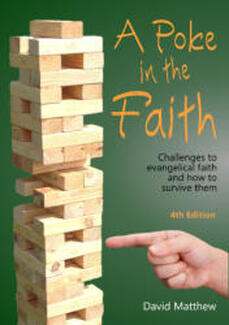Reviews
Reading books is a source of intrigue, interest and joy.
Since I read them - and highlight and mark in them, I thought why not review and post some of the highlights here. I find they often provide a helpful overview of the purpose and essence of a book and its main theme.
Since I read them - and highlight and mark in them, I thought why not review and post some of the highlights here. I find they often provide a helpful overview of the purpose and essence of a book and its main theme.

 RSS Feed
RSS Feed
